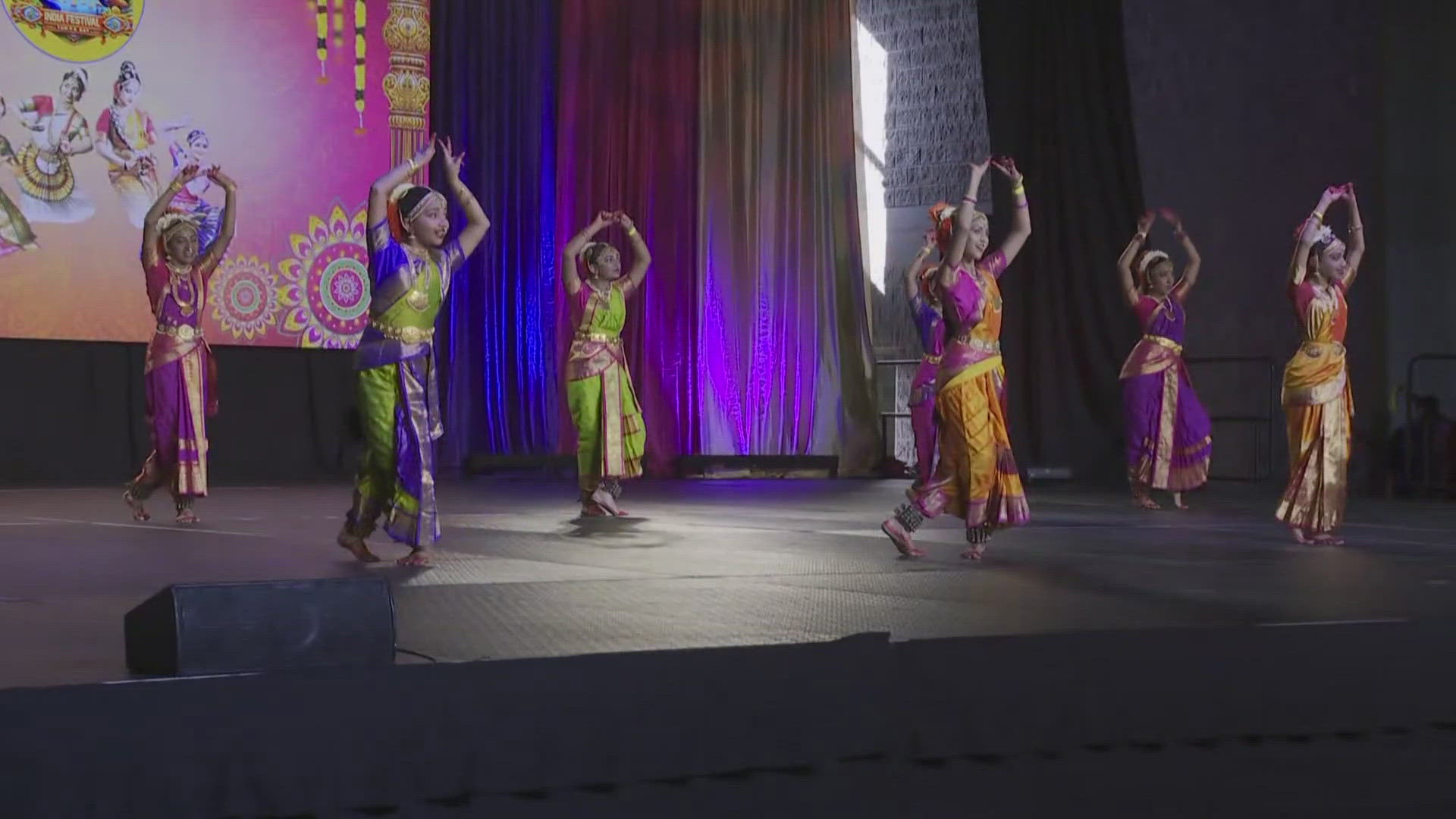TAMPA, Fla. — "Cancel culture." It's most likely a phrase that has caught your ear recently; whether it be its latest resurgence on social media or in complaints from generations trying to understand its origins.
At face value, it's "the popular practice of withdrawing support for public figures and companies after they have done or said something considered objectionable of offensive," according to dictionary.com
But the real questions are: Is it even new? And what's its point?
To figure that out, we'll have to take it back a few decades to the 1990s when "call-out culture" was alive and well thanks to college-aged activists.
It was during this time that we saw the rise of fanzines, or media filled with criticism of popular culture, sexism and racism, according to Dr. S. Crawley, an associate professor of Sociology at the University of South Florida.
"Sort of, calling out ways in which people get marginalized in popular culture," the USF professor said.
They've been watching cancel culture play out over the last two decades and says today's phrase is just the latest name for what used to be known as "call-out culture"-- but there's a shift.
“I think the shift itself implies the politics, of the positionalities, of folks who are using those terms," Dr. Crawley said.
The difference? Cancel culture is more of a backlash of the idea originated in the 1990s.
What we see today is a more negative based phrase that demeans cultural criticism instead of promoting it, according to Dr. Crawley
Then came the rise of technology, which gave the phrase a foothold on the internet.
Suddenly people were being bombarded with more information than they've ever been before. It escalated the opportunities for the idea of cancel culture to spread.
And while you might think you've escaped its grasp, you likely haven't.
Dr. Crawley says hitting the like button on certain stories or retweeting them are even small forms of participating in cancel culture.
“It’s a way to participate in cultural criticism that’s just become more democratized in the sense that lots more people can participate on a much larger scale because it’s virtual,” they said.
But is it effective? Well, it's a bit of a double-edged sword.
Dr. Crawley says the answer can be both "yes" and "no" depending on the way you look at it.
A positive impact of cancel culture is better behavior.
For example, if a celebrity was engaging in problematic behavior, in the past, it was easier to conceal. But, now, with the mass reach of technology that is no longer the case.
“That, in some ways, encourages celebrities, perhaps, to behave better. Not because they want to, but because they’re fearing for their reputations in a way that was much easier to hide, or mask, or protect in an earlier era," Dr. Crawley said.
But, while the topic is helpful in requiring better citizenship, it also comes with the caveat that most people don't read the media they're sharing.
“So, instead of learning about a situation and becoming informed and speaking out about a situation they just click," Dr. Crawley added.
If you think it's an entirely generational issue, you're wrong.
Dr. Crawley says cancel culture's main problems are embedded in technology, meaning anyone can partake no matter their age.
“Part of the technological moment that we're at is also one of being barraged constantly by ideas,” they said, in part. “It requires people to process so much more information in such a short period of time that people don’t take the time.”
Recently, there has been conversation about six Dr. Seuss books being pulled over racist and insensitive imagery. Or how the famous Looney Tunes skunk, Pepé Le Pew, will not return to the big screen due to controversy surrounding "rape culture."
In the past, Disney issued warnings on its streaming service outlining that films you likely grew up watching as a child may contain racist stereotypes.
But changes like those mentioned above are the point of cancel culture.
Dr. Crawley finds that using the capitalist system against itself to make something unpopular due to problematic narratives is an act of useful public reflection.
“I think to the degree that companies start to realize that their bottom line is based on being better cultural critics, themselves, that’s a good thing," Dr. Crawley added.
So, what do we do now?
It's about becoming a more critical reader instead of blindly following what seems to align with popular or political beliefs you already subscribe to.
Ask questions, dive deeper and be aware of what you are consuming are all ways Dr. Crawley says we can help do our part.
“A more appropriate approach is to make all people, young and old, adults and children, better critics of the media that they’re watching," they said.
"And think more carefully about where they want to invest their time and energy in the kinds of media and narratives they’re engaging in.”
- Study: 3 feet of distance in a classroom could be enough to limit the spread of COVID-19
- Doctors say comments made at Governor DeSantis' public health roundtable were 'disheartening'
- Publix says employees will get leftover COVID-19 vaccines
- Social media 'influencers' paid thousands of Florida taxpayers' money to promote virtual vacations
- What you need to know about ticks in Florida
►Breaking news and weather alerts: Get the free 10 Tampa Bay app
►Stay In the Know! Sign up now for the Brightside Blend Newsletter



